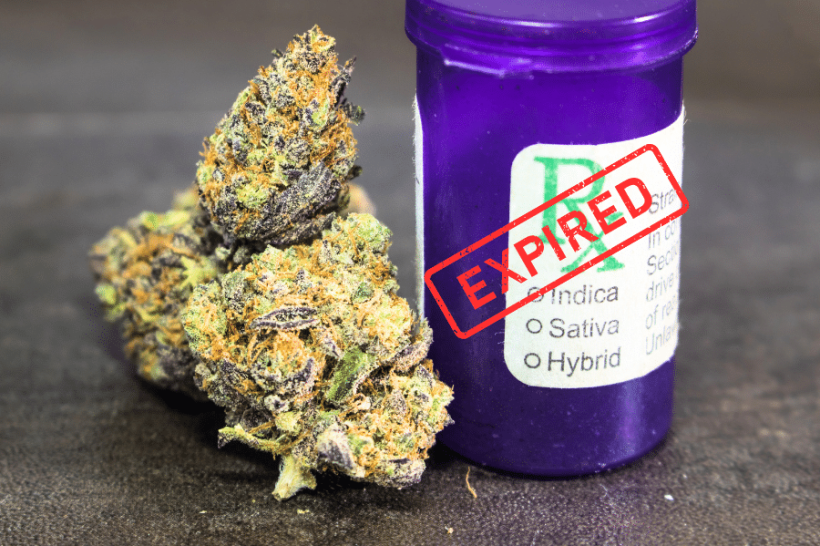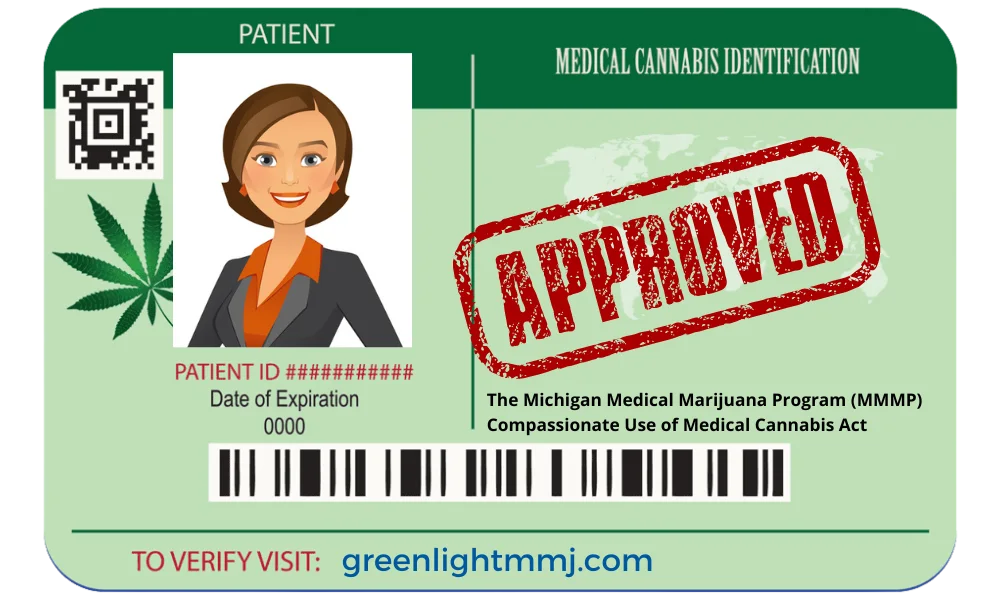Shedding Light on What Medical Cannabis Can Treat: a Thorough Analysis of Its Restorative Features
In recent years, there has been a growing interest in the restorative possibility of clinical marijuana. While anecdotal evidence is plentiful, a thorough examination of the clinical information regarding the efficiency of clinical cannabis in treating these problems is called for.
Persistent Pain Administration
Persistent discomfort monitoring stays a crucial aspect of medical care, demanding a comprehensive approach for reliable therapy. Recently, medical marijuana has emerged as a potential therapeutic choice for individuals struggling with chronic discomfort conditions. The endocannabinoid system, which plays a vital role suffering inflection, has actually been targeted by cannabis-based treatments to ease signs and symptoms and enhance lifestyle for people.

In addition, clinical cannabis uses an appealing option for patients that experience unbearable adverse effects from typical discomfort drugs. Its ability to address pain through a different mechanism makes it an important addition to the arsenal of therapies available for chronic pain management.
Epilepsy Treatment Potential
Medical marijuana has revealed promising potential in the therapy of epilepsy, supplying a novel healing method for managing seizures in patients. Epilepsy is a neurological disorder characterized by reoccurring seizures, impacting individuals of all ages. Traditional therapies for epilepsy consist of antiepileptic medicines, but these medications might not be reliable for all individuals and can have considerable adverse effects.
Research on the usage of medical marijuana for epilepsy has actually revealed motivating results. Cannabidiol (CBD), a non-psychoactive substance located in cannabis, has actually been particularly highlighted for its anticonvulsant residential or commercial properties. Studies have shown that CBD can reduce the regularity and extent of seizures in people with treatment-resistant kinds of epilepsy, such as Dravet syndrome and Lennox-Gastaut syndrome.
Furthermore, the FDA has actually approved a CBD-based medication, Epidiolex, for the therapy of seizures related to these severe types of epilepsy. This landmark emphasizes the expanding acknowledgment of medical marijuana as a beneficial healing option for managing epilepsy and provides wish for clients that have not reacted well to standard treatments.
Queasiness Relief Perks
The relief of nausea or vomiting with using cannabis has been significantly identified for its healing advantages in numerous clinical conditions. Queasiness and throwing up prevail signs and symptoms experienced by people undergoing chemotherapy, those with food poisonings, and people with persistent pain conditions. Clinical marijuana, with its active compounds such as THC and CBD, has shown promise in giving relief from nausea.

Moreover, clinical marijuana supplies a natural alternative for individuals that do not respond well to traditional anti-nausea medicines or who experience serious side results from these medicines. Patients undertaking radiation treatment, particularly, have reported significant improvements in their high quality of life when utilizing marijuana to handle nausea. As research study around remains to expand, medical marijuana is significantly being taken into consideration as a useful option for nausea or vomiting relief in different clinical settings.
Anxiousness Reduction Impacts
Studies have actually demonstrated the capacity of cannabis in decreasing anxiousness signs through its communication with the endocannabinoid system. The endocannabinoid system plays an important duty in regulating feelings, including anxiousness, by preserving homeostasis in the company website body. Cannabinoids in marijuana, such as THC and CBD, engage with the endocannabinoid receptors in the brain, particularly the CB1 and CB2 receptors, to regulate anxiety-related responses.

Patients with conditions like generalized stress and anxiety condition (GAD), social stress and anxiety condition, and trauma (PTSD) might take advantage of the anxiolytic properties of marijuana (Medical Cannabis Clinic). Further study is required to determine optimum does, distribution approaches, and long-term impacts on stress and anxiety monitoring.
Prospective for Swelling Control
With its known anti-inflammatory residential or commercial properties, cannabis has actually revealed pledge in potentially controlling inflammation within the body. Swelling is the body's all-natural action to injury or infection, yet when it ends up being persistent, it can add to numerous illness such as arthritis, inflammatory digestive tract illness, and also cardiovascular disease. Study recommends that the cannabinoids found in cannabis, such as THC and CBD, can aid control the immune reaction and decrease inflammation.
Researches have actually shown that marijuana can communicate with the endocannabinoid system, which plays an essential function in controling inflammation. By targeting the cannabinoid receptors, marijuana compounds can modulate the immune reaction, bring about a reduction in inflammation degrees. This makes marijuana a potential prospect for managing inflammatory conditions where conventional treatments have actually dropped short.
Furthermore, cannabis-derived products like CBD oil have gained popularity for their anti-inflammatory homes, with lots of individuals utilizing them as a natural treatment for conditions connected with swelling. While even more research is needed to fully understand the systems behind cannabis's anti-inflammatory effects, existing searchings for show encouraging results for the possible usage of medical marijuana in managing swelling.
Verdict
Finally, medical cannabis has shown promising healing residential or commercial properties in handling chronic discomfort, treating epilepsy, relieving nausea, decreasing anxiousness, and managing inflammation. Its possible advantages in numerous medical conditions highlight the significance of additional research and exploration into its medical usage. The proof suggests that medical marijuana can be a valuable choice treatment choice for individuals seeking alleviation from a variety of problems and signs and symptoms.
In current years, clinical marijuana has actually arised as a prospective therapeutic choice for people enduring from persistent pain conditions.Medical marijuana has actually revealed appealing potential in the therapy of epilepsy, offering an unique therapeutic strategy for managing seizures in patients. As research in this area proceeds to grow, clinical cannabis is progressively being considered as a useful choice for nausea or vomiting alleviation in numerous clinical setups.
In final thought, clinical cannabis has actually shown encouraging therapeutic properties in managing persistent pain, dealing with epilepsy, easing nausea or vomiting, decreasing stress and anxiety, and regulating inflammation. The evidence suggests that medical cannabis might be an important choice therapy alternative for clients looking for alleviation from a range of signs and symptoms and problems.